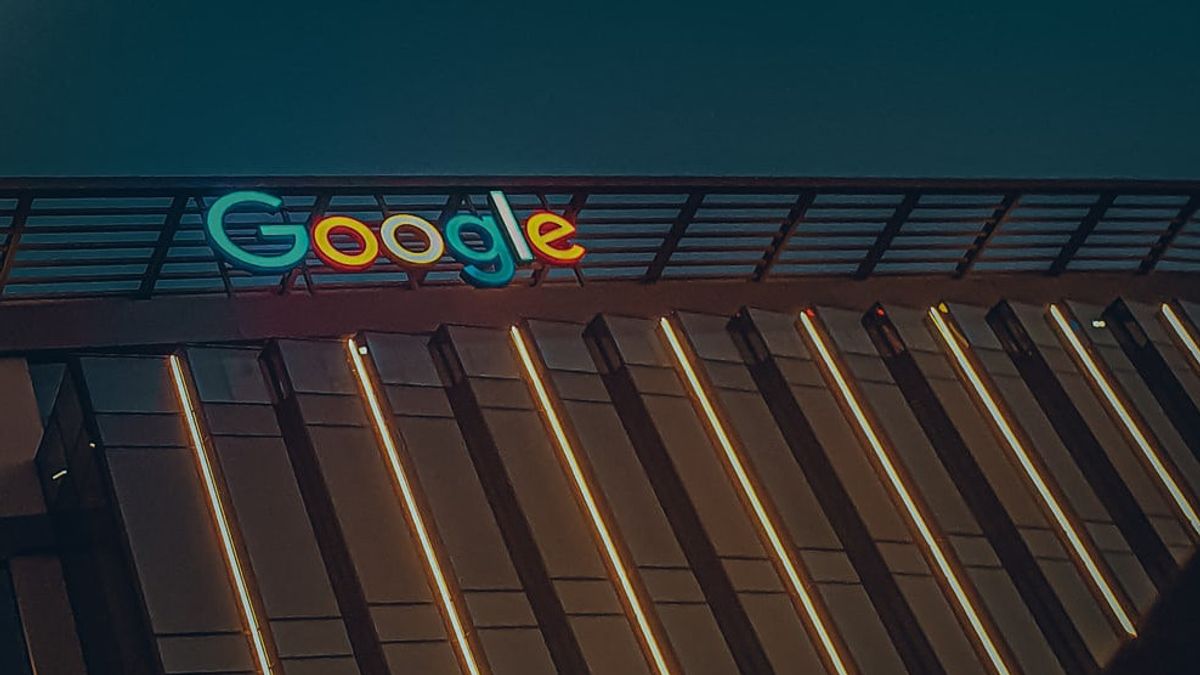JAKARTA - Google is being sued in Europe for anti-competitive allegations against its service, Google Shopping. Posted by the price comparison service PriceRunner, Google was asked to pay compensation of 2.4 billion US dollars or equivalent to Rp. 34.5 trillion.
PriceRunner in its lawsuit alleges Google continues to violate a 2017 European Commission anti-trust enforcement order against its services in connection with product searches, as well as seeking compensation for violations that allowed Google to earn revenue at the expense of competitors.
To support his accusations, PriceRunner points to a study conducted by the accounting firm, Grant Thornton. The study found prices for deals featured in Google's own shopping comparison service.
That can be 16 to 37 percent higher for popular categories like clothing and shoes, and between 12 to 14 percent higher for other types of products vs. rival price comparison services.
In addition, PriceRunner also cites estimates that European consumers pay about billions more per year as a result of the Google search engine, which returns links to products more expensive than those offered through (non-Google) price comparison services.
“What the European Union (EU) Commission states is (Google) is bringing down competitors in search results. This causes consumers to pay more money every year because Google doesn't show the most relevant results and at an exorbitant price when they can show better results further," said PriceRunner CEO, Mikael Lindahl, as quoted by TechCrunch, Tuesday, February 8th.
“They have tried to make some changes to the service which means it is possible to resell ads based on Google. This is still an auction-based model. When Google knows they have to show results from (rivals) they have to do this and they don't. So they must still abuse their position because consumers are still being harmed," he added.
Indeed, the tech giant continues to have a very dominant market share in the region, taking over 90 per cent of the market in most countries in the European Economic Area and in the UK.
“Google should show the most relevant results and should be based on normal search algorithms. What they can't do, what the EU Commission says is illegal is when they manually and algorithmically manipulate search results to get competitors further down in the results, and this is what they do," Lindahl explained.
Previously, Google was also fined after a European court ruled that the company violated EU antitrust laws in November last year.
Later, the EU General Court upheld a decision to fine Google US$2.8 billion for preferring its own comparison shopping service over its competitors, while lowering rivals in organic search results.
After that, Google made some initial adjustments to how its product search service works, namely doubling down on the auction model.
The English, Chinese, Japanese, Arabic, and French versions are automatically generated by the AI. So there may still be inaccuracies in translating, please always see Indonesian as our main language. (system supported by DigitalSiber.id)













